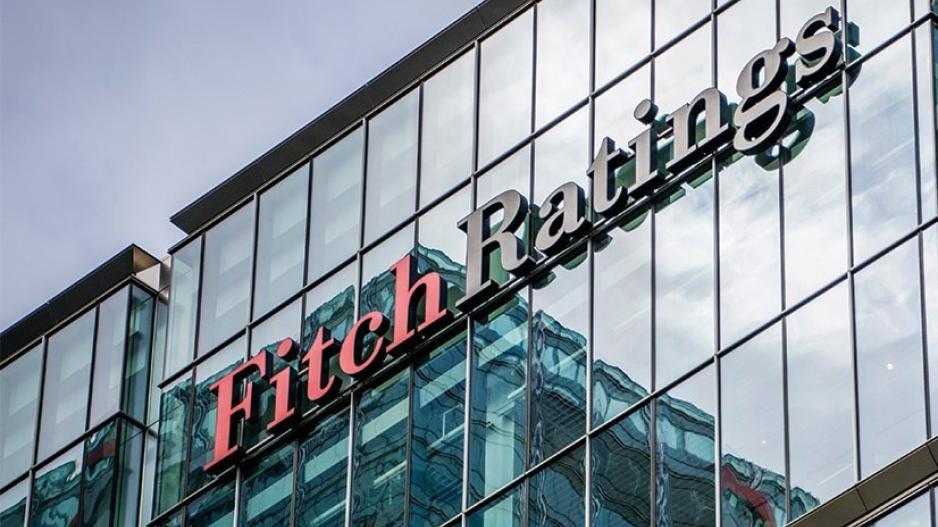Fitch Upgrades Cyprus
An Overview of Cyprus' Upgraded Rating and Economic Prospects
International Rating Agency Fitch has revised Cyprus' long-term rating from stable to positive. This change highlights the country's economic resilience, fiscal surpluses, and the ongoing reduction in public debt, coupled with improvements in the banking sector.
Fitch confirmed Cyprus' long-term issuer rating at 'BBB'. This rating was initially upgraded in March 2023 and reaffirmed last June.
Fitch notes that the Cypriot economy has shown considerable resilience in 2023. In the first three quarters, the Gross Domestic Product (GDP) rose by 2.5% annually. The agency anticipates further economic growth in the second half of 2024, forecasting a 2.7% increase in GDP for the next year. This growth is expected to be driven by robust domestic demand, an influx of EU funds, and favorable macroeconomic conditions in Cyprus's key trading partners. By 2025, the growth rate is projected to accelerate to 3.0%.
However, Fitch warns of potential risks from escalating geopolitical tensions in the Middle East, particularly affecting Cyprus' investment and tourism links with Israel, an increasingly important trade partner and investment source.
Fitch projects a general government budget surplus of 2.3% of GDP this year, surpassing the 1.7% forecast in June. Despite ongoing support measures to alleviate the impact of high prices and fiscal costs from the Mortgage-to-Rent scheme, Fitch expects consistent surpluses over the next few years, averaging 2.2% of GDP.
The agency estimates a decline in government debt to 79.6% of GDP by the end of this year, a 6 percentage point decrease from the end of 2022. It predicts the debt ratio will drop further to 73.5% in the next year and to 67.4% in 2025.
Fitch also expects Cyprus to maintain a sizeable liquid asset buffer and to continue issuing bonds to partially cover upcoming debt amortizations. While Cypriot bond yields remain high, the interest burden is expected to increase moderately, with the interest-to-revenue ratio rising from 3.4% this year to 3.9% by 2025.
The agency highlights improvements in the Banking Sector Metrics. Non-performing loans (NPLs) have continued to decline moderately, with the NPL ratio dropping to 8.6% in August from 10.9% in August 2022. Stage 2 loans, indicating significant credit deterioration, have remained stable as a proportion of total loans, suggesting limited risk for new NPL inflows.
Resolution of uncertainties surrounding the legal framework for foreclosures, currently under discussion in parliament, could further reduce NPLs and private sector debt ratios. The household debt-to-GDP ratio was 69.3% in the second quarter of 2023, down from 76.3% a year earlier.
Positive trends in bank profitability, driven by higher interest rates, have led to improvements in solvency metrics for the banking sector. The common equity Tier 1 ratio reached 18.9% in June, up from 17.7% a year earlier and above the EU average of 15.95%.

President Nikos Christodoulides remarked on the rating upgrade, emphasizing its validation of the government's responsible economic policy and governance program. He noted that this revision aligns with the government's efforts to strengthen the country's sustainable growth and economic resilience. Christodoulides highlighted the passage of bills to tackle NPLs and protect vulnerable borrowers, and the discussion of a surplus state budget, as key elements of the government's commitment to reform and fiscal responsibility.
Finance Minister Makis Keravnos echoed these sentiments, stating that the government will continue supporting the Cypriot economy and society while maintaining fiscal viability and discipline. He stressed that the positive outlook change reflects Fitch's confidence in Cyprus' ability to generate fiscal surpluses, reduce public debt, and improve banking sector metrics.






